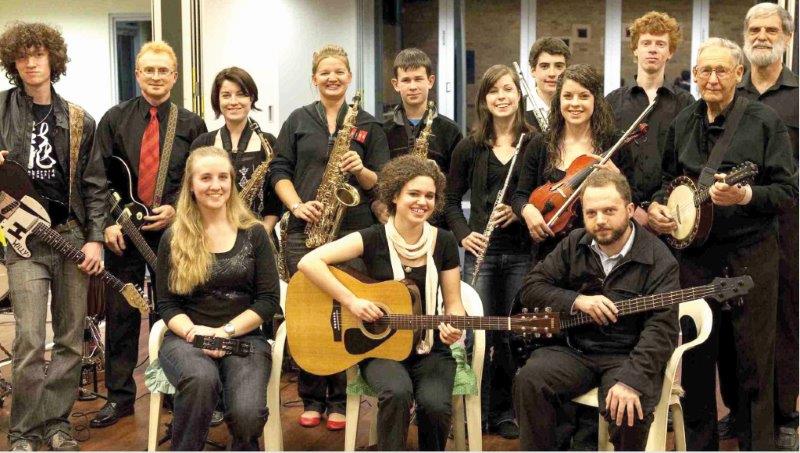One of the most common forms of youth ministry, past and present, has been to organise as many awesome events for kids and young people as we can, in an attempt to keep them interested and not straying elsewhere. But when you think about all the competing demands on their time – sport, BBQs, friends, late nights out – it’s not hard to see why lots of young people don’t put church towards the top of the list.
We know young people are leaving the church, but what can we do about it?
It’s time to simplify our approach
If our only aim in youth ministry is to get kids in church, we have a problem. But if we really care about young people, church will meet them where they’re at, listening to their concerns and joys and caring about their lives – helping to build well-adjusted adults who may or may not enter the church, but who will be grateful that you took the time to get to know them.
Rev Brenton Prigge, First Third specialist for the South West Region, believes that a new approach to engaging with young people is possible, but that it requires a culture shift.
“In the past we thought that to engage with young people we need youth pastors or specialist Sunday school teachers,” he said.
“If we start from the starting point that ministry is relational, all we need to do is shift our thinking – to start thinking of church as a family.”
Some churches say they don’t have any young people to try to keep in the first place, so what’s the point in youth ministry? While the church itself may not have younger members, what about community groups that use the premises, or programs that the congregation run? Most members of a congregation will have younger children or grandchildren in their families. How can we care for the spiritual development of these people?
When thinking about reaching out to younger people to build relationships, Brenton says that the first thing to consider is the skills you already have as a community. Once you know that, you can find out the needs of the wider community and tap into filling them.
“Using what you’ve got you can meet needs in the community, if you’re looking out for what the needs are,” Brenton said.
“The one thing that everybody needs is a place to belong and to be part of a community.”
Brenton said that Byford Uniting Church’s Footprints Community is a great example of this. Using musically gifted members, the congregation started offering cheap music lessons, which came with an instrument, to kids in the local area. The program has been a great success, partly because the people involved have a gift and passion for music. Many of the kids involved have gone on to join the Footprints Band, playing regular gigs and family dances – they have become a community of people caring for each other.
In Busselton, the congregation, through Uniting Outreach Busselton, have made some great connections with the community through their Boppin’ Tots, children’s musical and movement program. From simply sharing some brochures from the local child health centre, the child health nurses now run parenting workshops from the church’s premises, while the outreach centre cares for the children in a crèche.
“We’ve developed this really fantastic relationship with the child health nurses,” said Pam Webster, children’s facilitator at Uniting Outreach Busselton.
“It’s been one of our most successful outreach programs that we’ve done.”
But it also doesn’t have to be that organised. To begin with, it just takes a simple step.
“It could be as simple as a granny who loves knitting, sitting in the corner at Messy Church with extra needles,” said Brenton, adding that it’s not about the action itself, it’s about the bond that is built from sharing a moment.
Margaret River Uniting Church has recently star ted a monthly group where an adult from the congregation shares a skill of theirs, teaching it to the younger generation. While it is still in its early stages, Rev Cathie Lambert, minister at the congregation, said that people have wanted to get involved.
“Our hope is to develop relationships between those adults who might not usually get involved with the kids by getting them involved in something they are interested in,” she said.
One of the best things about this kind of relational ministry is that you don’t need training or a degree in theology to be part of ministry.
“People do have in their minds that ministry is for people trained to do it,” Brenton said.
“Really, ministry is what we all do. Living out the Gospel is ministry.” Using the image of the body of Christ that Paul describes, Brenton said “If we’re a body, then we’re only whole if we represent every segment of society. If there’s any part of that missing then the body is not whole and we need to ask ourselves why.
“The way to make it whole is through relationships.”
Heather Dowling
